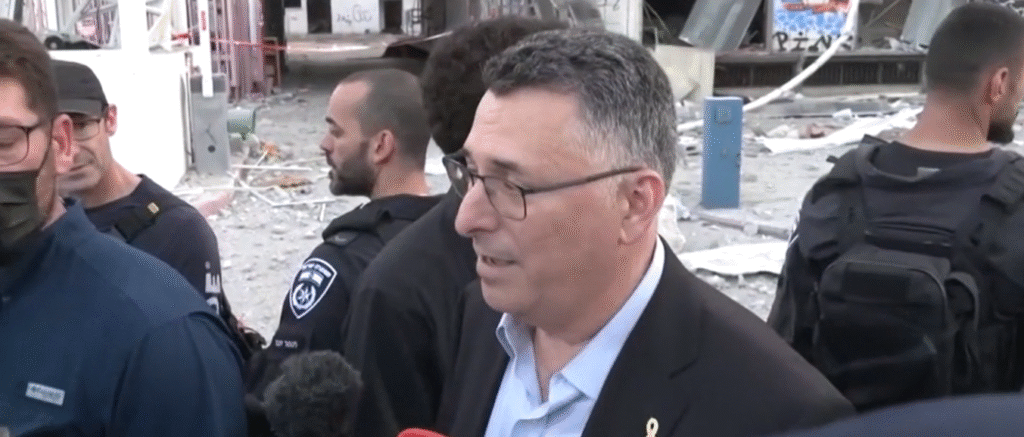Early Saturday morning, a powerful Iranian missile struck a residential building in Beersheba, southern Israel. While the missile appears to have been intercepted mid-flight, debris still hit the building and caused a major fire on the top floors. Nearby vehicles were set ablaze, and thick smoke billowed into the sky .
Local firefighters rushed to the scene and quickly brought the blaze under control, ensuring it did not spread further. Fortunately, the building was empty at the time, and no serious injuries were reported, though several occupants suffered minor effects from smoke inhalation .
Missile Blitz Raises Civilian Fears
This incident comes after another missile targeted the area, prompting multiple alarms across the city. Beersheba has become a repeated destination in this latest wave of attacks, heightening both fear and uncertainty among residents. Sirens have become a regular feature across southern towns, forcing thousands into shelters at night .
Such frequent attacks have taken a physical toll destroying homes, schools, and essential services while increasing mental stress for civilians living under constant threat.
Ongoing Iran–Israel Exchange of Fire
The strike in Beersheba is part of a larger pattern of military exchanges between Israel and Iran. Over the past week, Iran has launched hundreds of missiles and drones, many aimed at cities such as Tel Aviv, Haifa, and the Negev region. Israel’s air defenses have intercepted most, but debris damage and fires continue to cause widespread disruption
In response, Israel launched a series of airstrikes targeting Iranian missile and nuclear sites, as well as key military commanders. The cycle of action and retaliation shows little sign of slowing down .
Civilian Infrastructure at Risk
The Beersheba strike again highlights the vulnerability of civilian infrastructure during this conflict. Just a day earlier, Soroka Medical Center a major hospital was struck, forcing the evacuation of patients and causing significant damage to the facility. Israel Iran War

Similarly, an Iranian missile damaged the Weizmann Institute in Rehovot, home to critical scientific labs. Researchers reported extensive loss of equipment and vital samples, estimating the damage in the hundreds of millions of dollars
Israeli Response and Public Measures
Israel’s government has urged citizens to remain alert and follow shelter-in-place guidance. Additional defense systems have been deployed to fill gaps in the current missile shield. Emergency services are working overtime to repair damaged infrastructure, support displaced civilians, and keep essential public services running.
Defense officials have also announced stricter sanctions and expedited efforts to intercept future missile attacks before they reach populated areas.
Long-Term Risks as Conflict Persists
With each wave of strikes, the risk to civilians grows. Even intercepted missiles can cause fires, structural damage, and psychological trauma. The repeated targeting of schools, hospitals, and homes is also starting to raise concerns about potential violations of international humanitarian law.

As the conflict continues without clear signs of resolution, both sides are preparing for extended escalation. The Israeli public is being told to get ready for more disruption and damage to daily life.
What’s going happen next?
The missile strike and ensuing fire in Beersheba serve as a stark reminder of how modern warfare increasingly affects civilians. Even when defense systems work, the danger is not fully neutralized damage and fear remain.
The repeated strikes on homes, hospitals, and research centers underscore the urgent need for stronger defenses, well-maintained civilian infrastructure, and the quest for a diplomatic solution before more harm is done. Until then, Israeli civilians must continue their daily lives under a shadow of constant alert.

